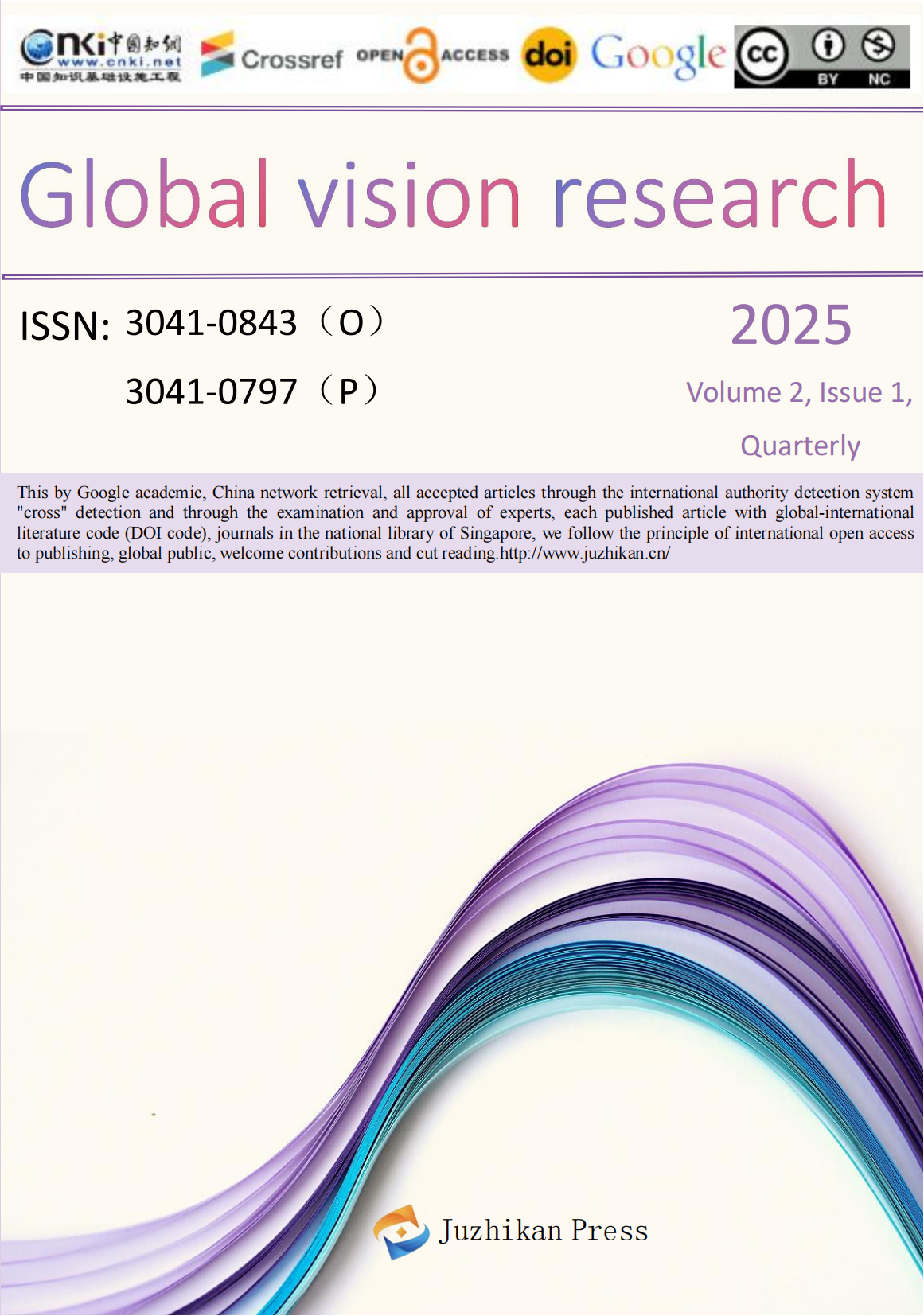 65 84368249
65 84368249 info@juzhikan.asia
info@juzhikan.asia 65 84368249
65 84368249 info@juzhikan.asia
info@juzhikan.asia
A Study on C-E Translation Strategies of Chinese Network Catchwords From the Perspective of Skopos Theory
Liu jialin ZHou wen
Southwest University of Science and Technology, Mianyang, Sichuan, 621010;
Abstract:As a product of the Internet era, network catchwords, also known as internet buzzwords, reflect the latest cultural direction and social dynamics of various countries and citizens. In addition to their semantic characteristics, they also reflect the social form, cultural life, and public psychology, and are characterized by fast updating speed and extensive content. However, due to the differences between Chinese and Western languages and cultures, translators have to take into account the cultural customs and social environment of the target readers when translating network catchwords. Therefore, the translation of internet buzzwords is not only about language communication but also about social culture.
From the perspective of Skopos Theory, this thesis analyzes the characteristics and translation techniques of Chinese network catchwords and argues that appropriate translation methods should be adopted in specific contexts in order to accurately convey the semantics and cultural connotations of Chinese buzzwords to foreign readers.
Key Words: Skopos Theory, network catchwords, internet buzzwords, translation methods
REFERENCE
[1]Newmark, Peter. A. Textbook of Translation[M]. Shanghai: Shanghai Foreign Language Education Press, 2001
[2]Nord, Christiane. Translating as a Purposeful Activity: Functionalist Approaches Explained[M]. Shanghai: Shanghai Foreign Language Education Press, 2001
[3]Reiss, Katharina. Translation Criticism: The Potential & Limitation[M]. Shanghai: Shanghai Foreign Language Education Press, 2004
[4]Reiss, Katharina & Vermeer, Hans. J. Groundwork for a General Theory of Translation[M]. Germany: Tubingen: Niemeyer, 1984
[5]Vermeer,Hans.J.What Does It mean to Translate?[J].Indian Journal of Applied Linguistic, 1987, (2): 25-33
[6]Li Lin. The Postmodern Cultural Characteristics of Internet Slang [J]. Lanzhou Academic Journal, 2015, (3): 63-64
[7]Wang Yi, A Study on the English Translation of Chinese Internet Slang from the Perspective of Translation Skopos Theory [D]. Chengdu: Xihua University, 2017.